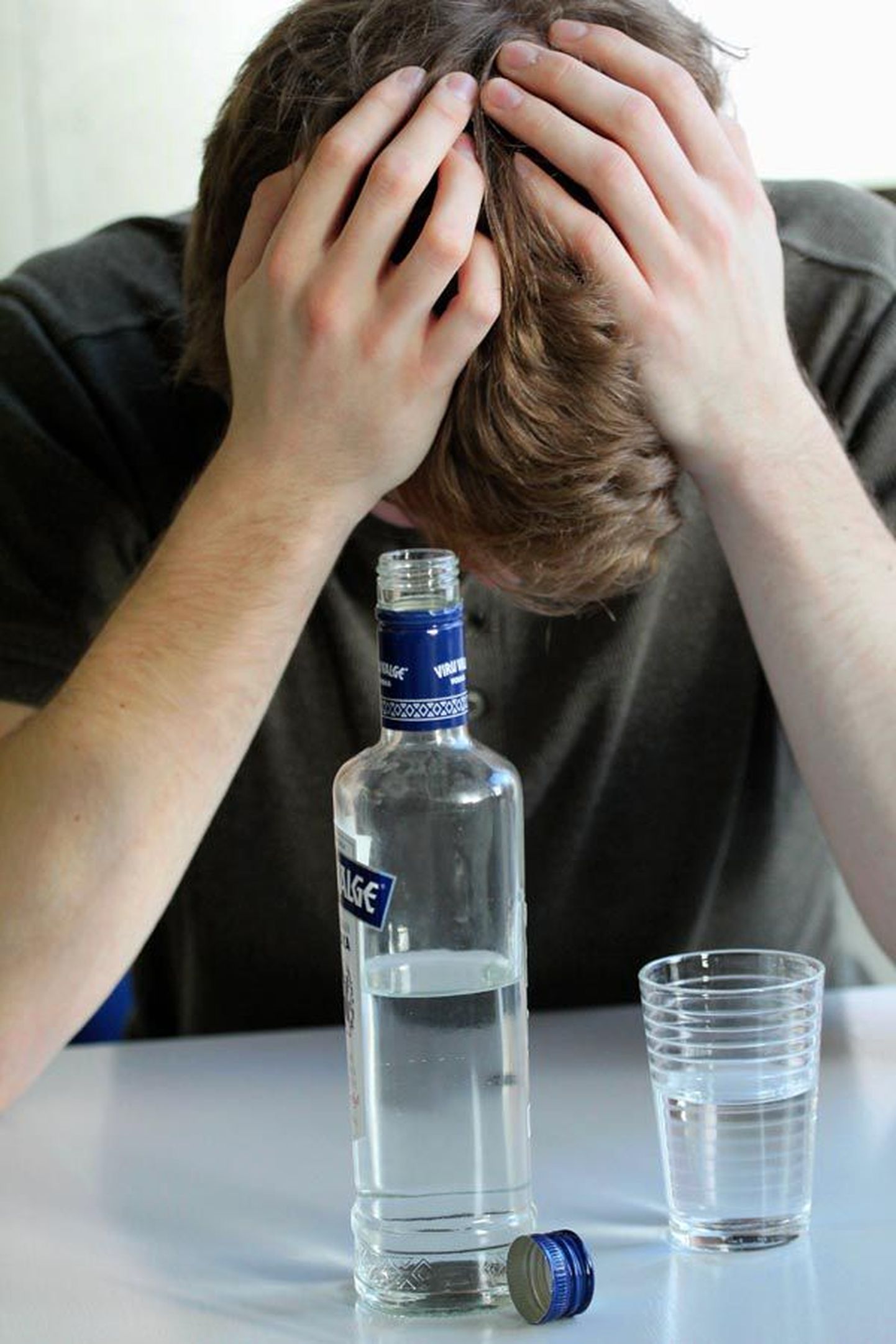With alcohol policy, it is often debated how high the excise ought to be, what kind of ads to allow, and which limits to set on availability. At that, we easily forget that alcoholism tends to be a serious addiction – such as ought to be diagnosed and treated. Best before control is catastrophically lost and a person goes under – mentally, physically and, inevitably, also socially.
As pointed out by psychiatrist Airi Värnik, in Postimees recently: with alcoholism setting in, awareness of sickness does not develop and people are late preventing it. «Sincere denial of addiction – this is a difficult-to-treat symptom of creeping alcoholism,» wrote Ms Värnik.
The €10m of EU Social Fund money, offered to Estonia for treatment of alcohol addiction and creating a counselling system, will surely be well spent. The society needs solutions, and especially becoming aware of the problem. At the moment, effective help is rare in Estonia, and the services are hardly ever free.
In the action programme of the current government, it’s quite generally mentioned that work is continuously underway to execute alcohol policy green book. Even so, we need visible action. The ministers, ever eager to present calculations, might more often recall that according to WHO the damages from abuse of alcohol – as expressed in working days lost, treatment costs and early death – amount to 2–5 percent of GDP. As, by the way, also underlined by said green book.
The depth of the problem is glaring, in numbers. According to experts, 5,300 people a year would need out-patient treatment. And, via the EU funds supported program, up to 20,000 people might be helped. Often, the addiction of one will touch others; therefore, it is vital that the action plan will remember families of the addicted.
€10m is big money. Nevertheless, it would be vain to hope it will solve the problem. Even so, an effective system to treat and rehabilitate alcohol addicts would be a good step forward.

